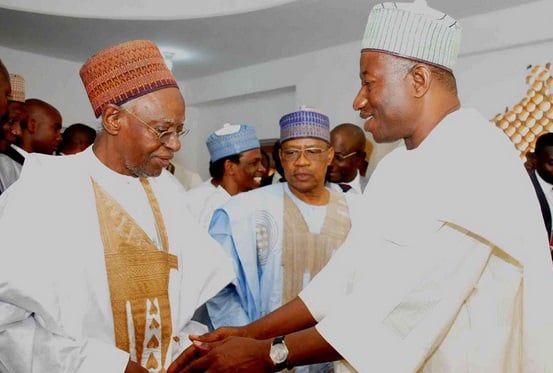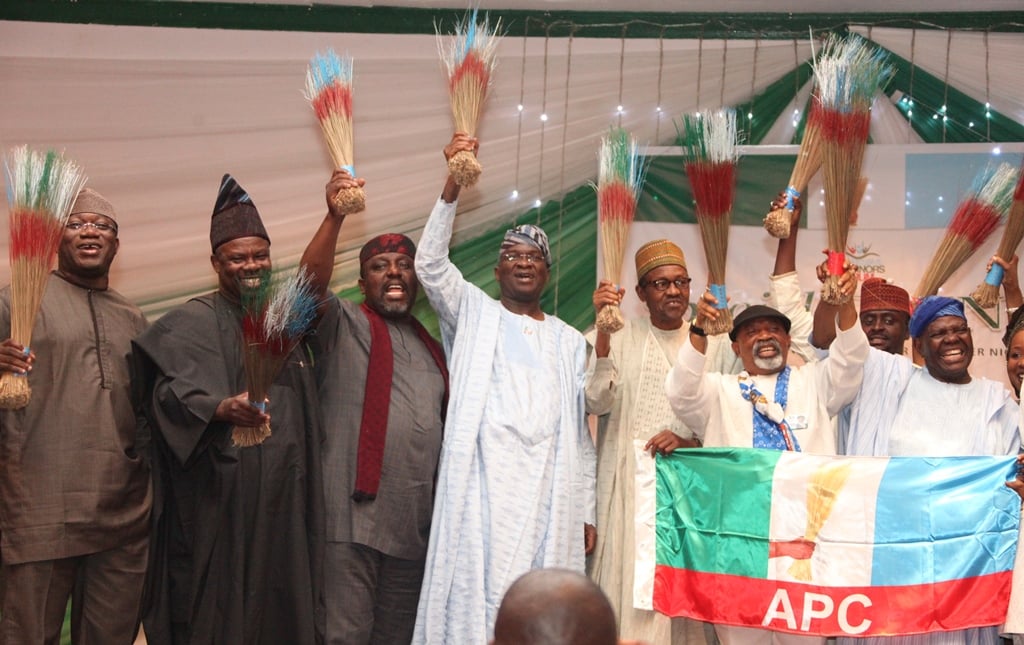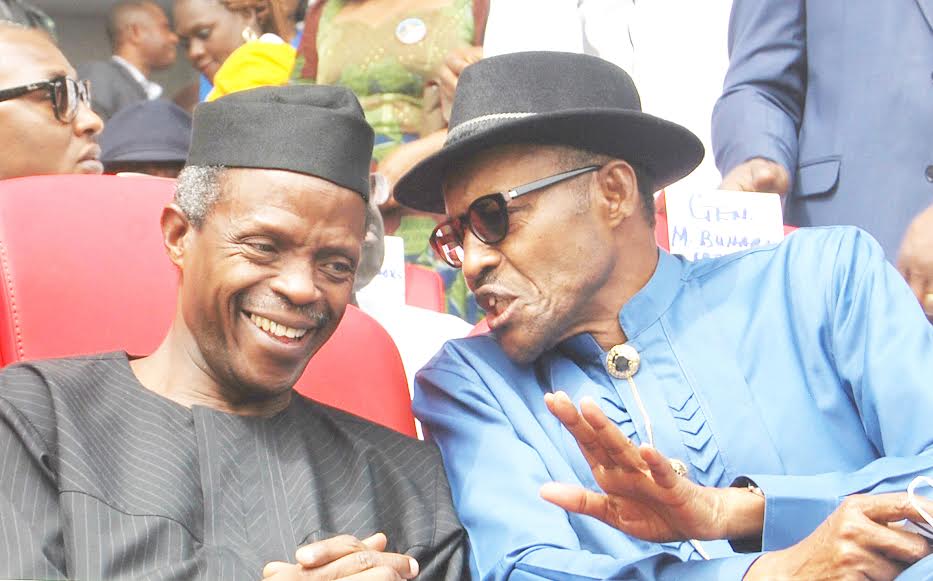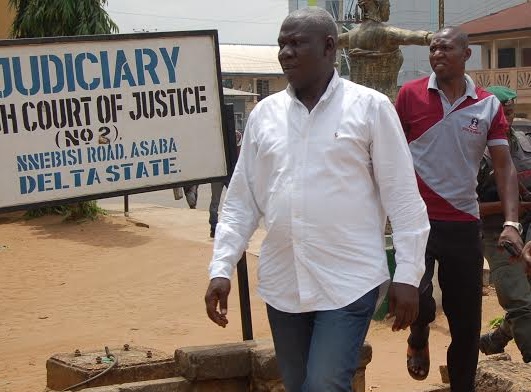The senate committee on finance chaired by Ahmad Makarfi, former governor of Kaduna, has recommended an oil benchmark of $52 per barrel for the 2015 budget, contrary to the federal government’s insistence on $65 per barrel.
Presenting the report before the senate on Wednesday, Makarfi argued that the current oil benchmark of $65 per barrel for the 2015 budget is unsustainable.
“The $52 per barrel oil benchmark is more realistics,” he said.
Speaking on the medium term expenditure framework (MTEF), the chairman senate committee on finance, stated that part of the expected revenue for the 2015 budget was premised on the generation of 2, 278 million barrels of crude oil per day.
Advertisement
However, he said: “It is based on the assumption that the government would tackle oil theft in the budget year.”
Makarfi also noted that the committee was pegging the naira at 190 to the dollar in view of the 2015 budget, saying the decision was informed by careful study and consultations with stakeholders.
He also stated that the non-oil revenue was higher than expected, standing at 3.59 trillion.
Advertisement
Stating the recommendations of the committee, Makarfi argued that the N63 billion vote for the Amnesty programme should be strapped since there was a ministry of the Niger Delta, which was captured in the budget.
The committee also recommended the downward review of the recurrent expenditure and an upward review of the capital expenditure in the 2015 budget.
It further recommended that the government increase non-oil revenue, and match the tax returns with the re-based economy.
Debating the committee’s report, Enyinnaya Abaribe, chairman senate committee on media and public affairs, questioned the basis for putting the oil benchmark for the 2015 budget at $52 per barrel.
Advertisement
He argued that the volatility of the global price of crude oil made it reasonable to question the committee’s decision.
Also speaking, Ahmed Lawan, who represents Yobe north, linked the current economic crisis in the country with “a bumper harvest of failed economic policies.”
“For 16 years, the federal government failed to diversify the economy,” he said.
“I believe the the problem is that we have only one genuine source of revenue. We are a mono-economy.”
Advertisement
In November 2014, Ngozi Okonjo-Iweala, the minister of finance and coordinating minister for the economy, announced that the 2015 budget would be predicated on an oil benchmark of $65, explaining that the government had a scenario-based approach to managing the falling price of crude oil on the world market.
While laying down the budget before both chambers of the national assembly in December, she said: “This budget is based on few indicators, the $65 a barrel benchmark and we are going to stick to it for now despite the declining prices because we feel the average price next year will be around $65 to $70. The production level is 2.27 million barrel per day.”
Advertisement
In January, she issued a statement to maintain that the federal government would not back down on the $65 per barrel benchmark, saying: “We are not reviewing the budget benchmark price at the moment. The price of oil is still quite volatile and we do not know how it will bottom out.”
In his argument, Ita Enang, who represents Akwa Ibom north east, emphasised the need for generating revenues through solid minerals.
Advertisement
However, he lamented that the sector was replete with corruption. In all, he urged the senate to pass the medium term expenditure framework (MTEF).
Speaking on the oil benchmark for the 2015 budget, Ike Ekweremadu, deputy senate president, stated that its reduction from $65 to $52 was the first time in the history of the nation’s legislature that the senate would be cutting down the oil benchmark instead of increasing it.
Advertisement
He said that the present economic realities called for belt tightening measures and urged the government to look inwards for ways of coping with the economic challenges.
He also urged the senate to approve the MTEF.
On his part, David Mark, the senate president, said that the times called for prudence. He urged the framers of Nigeria’s budgets to be more original.
Subsequently, the senate approved the MTEF after a voice vote.
The passing of the MTEF by the senate paves the way for deliberations and approval of the 2015 budget.
Add a comment







